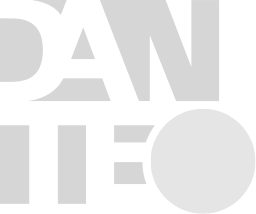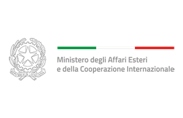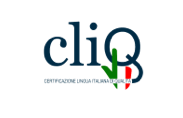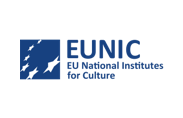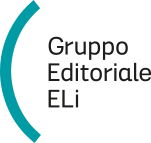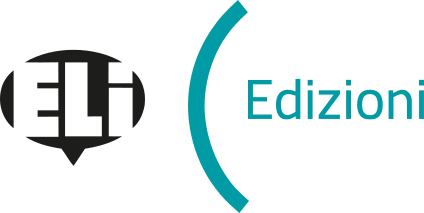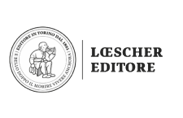Marco Polo and Turandot Programmes
Marco Polo and Turandot Programmes
The Marco Polo and Turandot Programmes for the 2024-2025 academic year
Società Dante Alighieri with their Italian Schools for foreigners in Rome, Milan, Florence, Bologna and Turin, organises Italian language and culture courses especially for Chinese students participating in the “Marco Polo” and “Turandot” programmes.
The programme offered by Società Dante Alighieri includes:
● 10 months (1000 hours): 4 November 2024 – 29 August 2025 € 6.250
● 11 months (1100 hours): 7 October 2024 – 29 August 2025 € 6.870
In the event problems related to Covid-19 still persist students can continue the courses either in the classroom and remotely using the Zoom platform and then once they arrive in Italy join classes in their chosen Dante school of the 5 (Rome, Milan, Florence, Bologna and Turin).
Once the students arrive a Chinese native speaker tutor will take care of welcoming the students and orientation and will help them with practical matters relating to residency permits, registration and accommodation.
The Italian language course is aimed at taking the language proficiency exam for foreigners PLIDA level B1 or B2. The level varies depending on the requirements from the universities or AFAM institutes (Higher Education in Art and Music) the students will attend after.
The courses, with a number of 18 enrolled students per class include a total of 100 hours per month (80 hours of classroom teaching and 20 hours extra-class) of lessons, simulations, exercises, recreational and cultural activities etc…
Lessons are held every day from Monday to Friday in the morning or afternoon. Attendance is mandatory. At the beginning of the course students will take an entrance test, on the basis of which they will be placed in homogeneous level groups; subsequently at the end of each level their progress will be checked with a skills test formulated according to the structure of the PLIDA certification exam. Where necessary the groups-classes can be redefined to ensure a more effective study path.
The didactic method is fundamentally orientated at developing linguistic skills (listening, reading, speaking/interacting and writing), understanding the functional mechanisms of language structures, vocabulary, language functions and cultural patterns and conventions. Grammar is introduced using a guided discovery of linguistic structures and is examined in-depth with explicit grammar explanations and the systematisation of linguistic content.
In addition to communicative teaching the method also uses playful teaching, various methods from the humanistic-affective approach (such as for example Suggestopedia and the Total Physical Response), the cooperative approach and sometimes even the structuralist approach.
The course aims to provide students with useful linguistic-communicative tools that can also be used in daily life in Italy, by giving space to activities aimed at intercultural communication and developing socio-pragmatic competence.
The teaching programme is fundamentally designed with a modular structure to create spaces dedicated to developing and strengthening content and specific skills and competences.
In the final part of the course the teaching programme focuses on studying technical terminology and jargon to develop vocabulary skills oriented towards the subjects studied by the students. In addition, in the same phase of the course developing integrated skills such as taking notes, presenting more abstract linguistic content, summarising etc.. intensifies to prepare to students for the study requirements of the various academic contexts they will be part of.
As part of the activities on offer during the course the students will also be involved in:
● Project work activities to be done in groups outside class and with a final presentation of the work done by the students (with slides, videos, brochures or other);
● Educational visits (in person or remotely) to learn about monuments and places of historical and artistic interest;
● Watching Italian films guided by comprehension activities and focusing on particular contents of the films with discussions and final sharing with the teacher;
● The “library service” for graded reading in Italian;
● Preparation and simulation for PLIDA exams up to level B2;
● Meetings, seminars and lessons to prepare students for admission (or facilitate insertion) to Italian academies, conservatories and universities.

Put your
Italian skills to
the test
Knowing your level of Italian will help you find and choose the most suitable courses for you.
Take a few minutes to check your knowledge of the language and thereby enable us to offer you the best possible learning experience.
Our
method
We have always been committed to teaching Italian as a foreign language. Our method is based on a well-established teaching tradition that is constantly updated to provide students with effective and engaging learning paths, whatever the chosen mode of course delivery.

Keep
in touch
Courses, events, news, readings, schools and much more. With our newsletter, you can stay up-to-date on all the activities and projects of our Network.

